The Ondo State Government has announced its readiness to tackle the circulation of fake drugs in pharmacies and patent medicine shops across the state using a drug integrity scanning machine.
The state Commissioner for Health, Dr Banji Ajaka, disclosed this on Thursday in Akure during a media orientation for the upcoming 2025 Insecticide-Treated Nets (ITNs) Campaign.
Ajaka, who expressed concern over the high rate of malaria in the state, explained that some anti-malaria drugs were ineffective due to being counterfeit.
He emphasised the need for preventive measures and called on media organisations to intensify support for anti-malaria programmes.
According to him, every household in the state will receive ITNs as part of the malaria prevention effort.
“To reduce the malaria burden in the state, the Ministry of Health’s Malaria Elimination Programme, in collaboration with the National Malaria Elimination Programme and Malaria Consortium, will distribute more than 3.6 million ITNs to households,” Ajaka said.
He explained that the initiative was part of a broader effort to ensure that every household was protected and to significantly cut down the incidence of malaria across the state.
He noted that sleeping inside an ITN remained one of the best ways to prevent malaria.
He cited studies showing that their use reduced malaria incidence by up to 50 per cent in sub-Saharan Africa, which accounts for more than 90 per cent of global malaria cases.
“Distribution of the free nets will begin from Sept. 8 to Sept. 17. Teams wearing malaria campaign uniforms will visit households to register and distribute the nets,” he added.
He advised beneficiaries to air the nets for 24 hours in the shade before use, and to sleep under them every night with the net tucked properly over the sleeping area.
Also speaking, the Malaria Programme Officer in the Ministry, Dr Waheed Afolayan, stressed that malaria remained a serious public health issue in Nigeria, warranting continued nationwide campaigns.
Afolayan revealed that Nigeria contributed to 25 per cent of global malaria cases and accounted for 30 per mcent of global malaria-related deaths.
He further explained that 60 per cent of patients in health facilities were being treated for malaria.
He added that 30 per cent of deaths in children under five and 10 per cent of maternal deaths were due to malaria complications.
“Nigerians and the government spend billions of naira annually to prevent and treat malaria,” he said.
Afolayan added that malaria continued to weigh heavily on the country’s poverty index, and urged everyone to join the fight to eliminate the disease



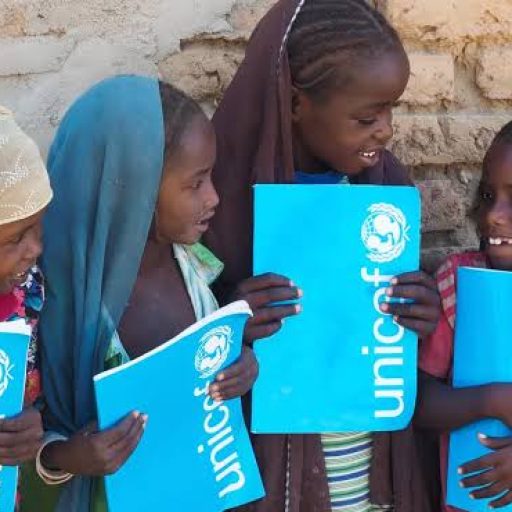

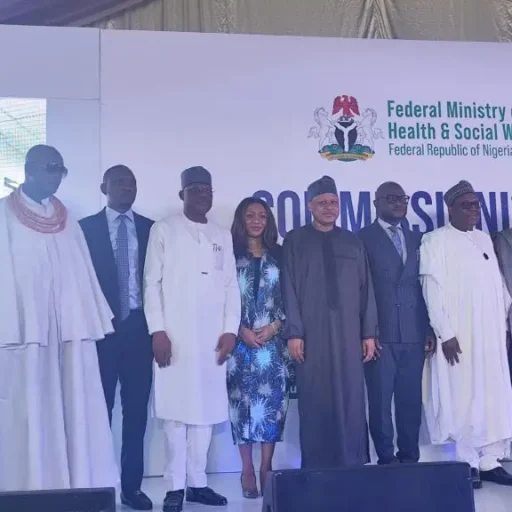


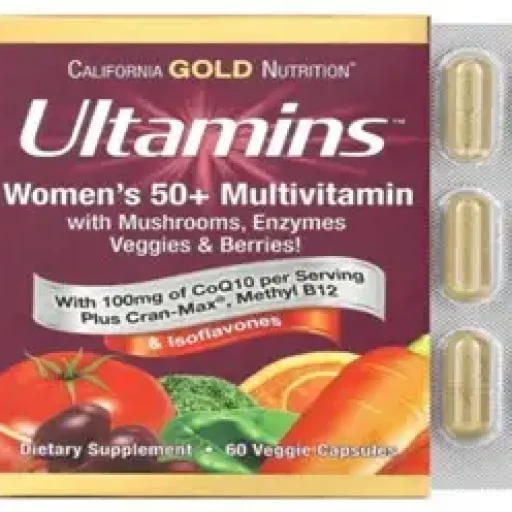

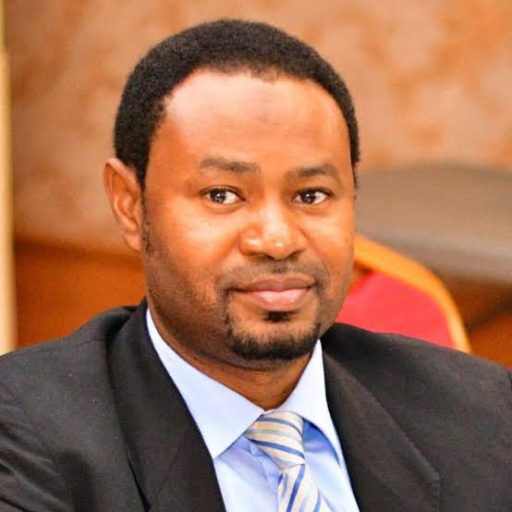



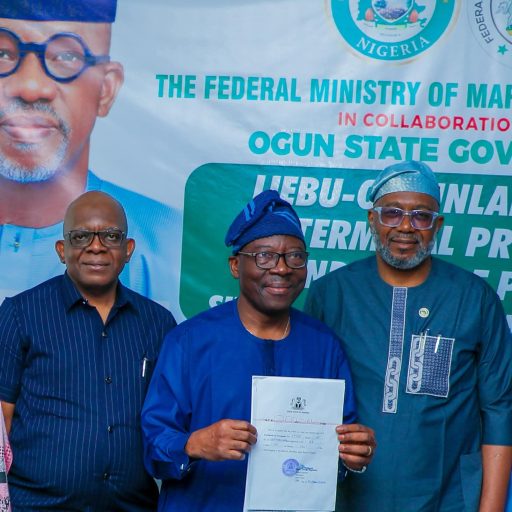
Leave a Reply